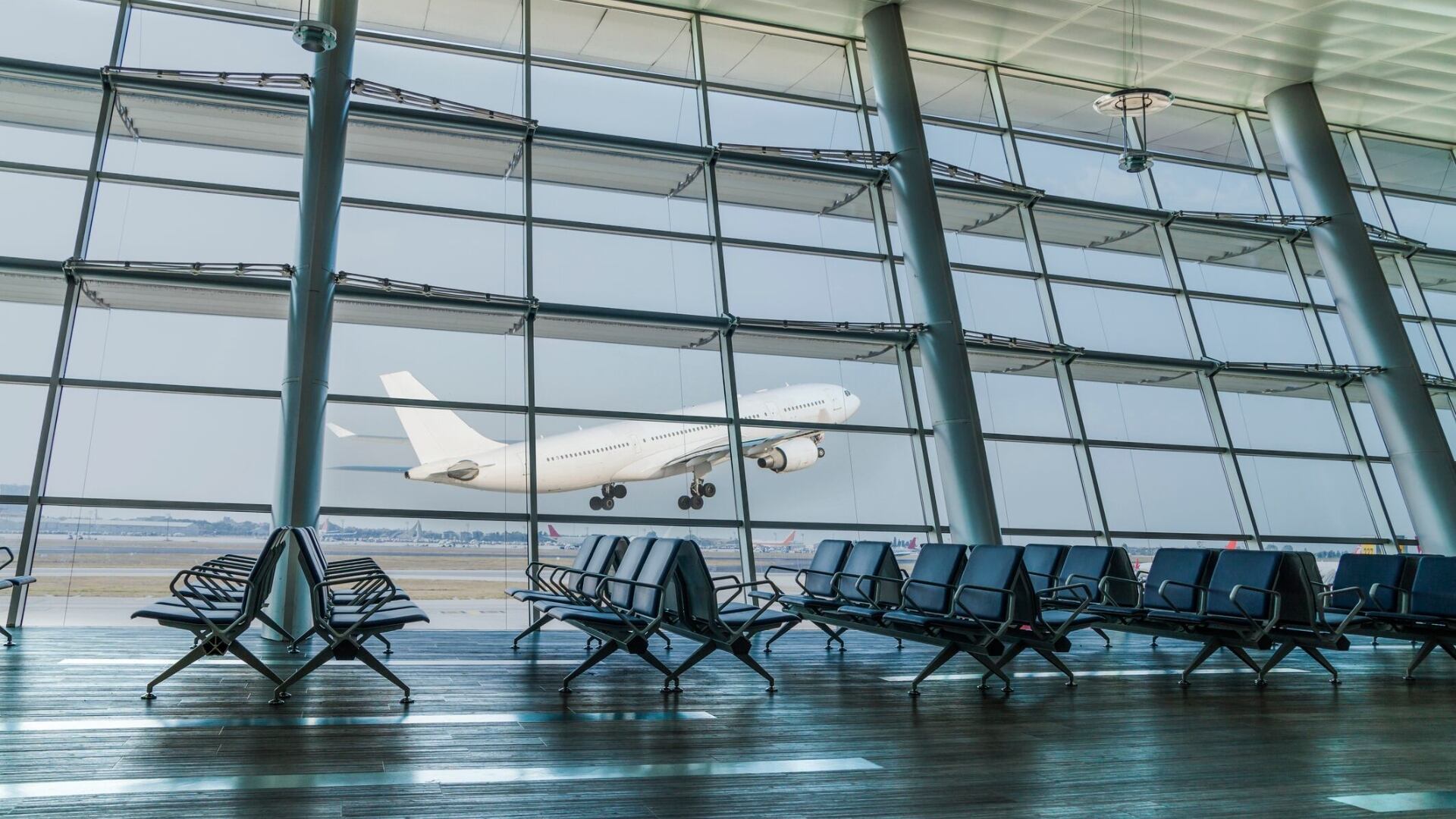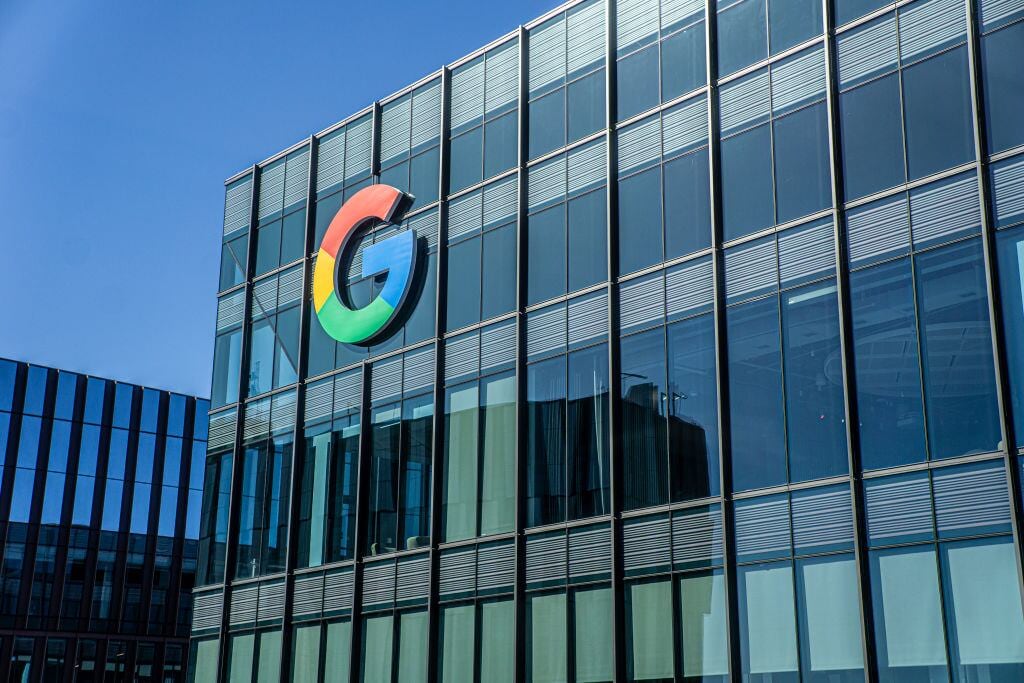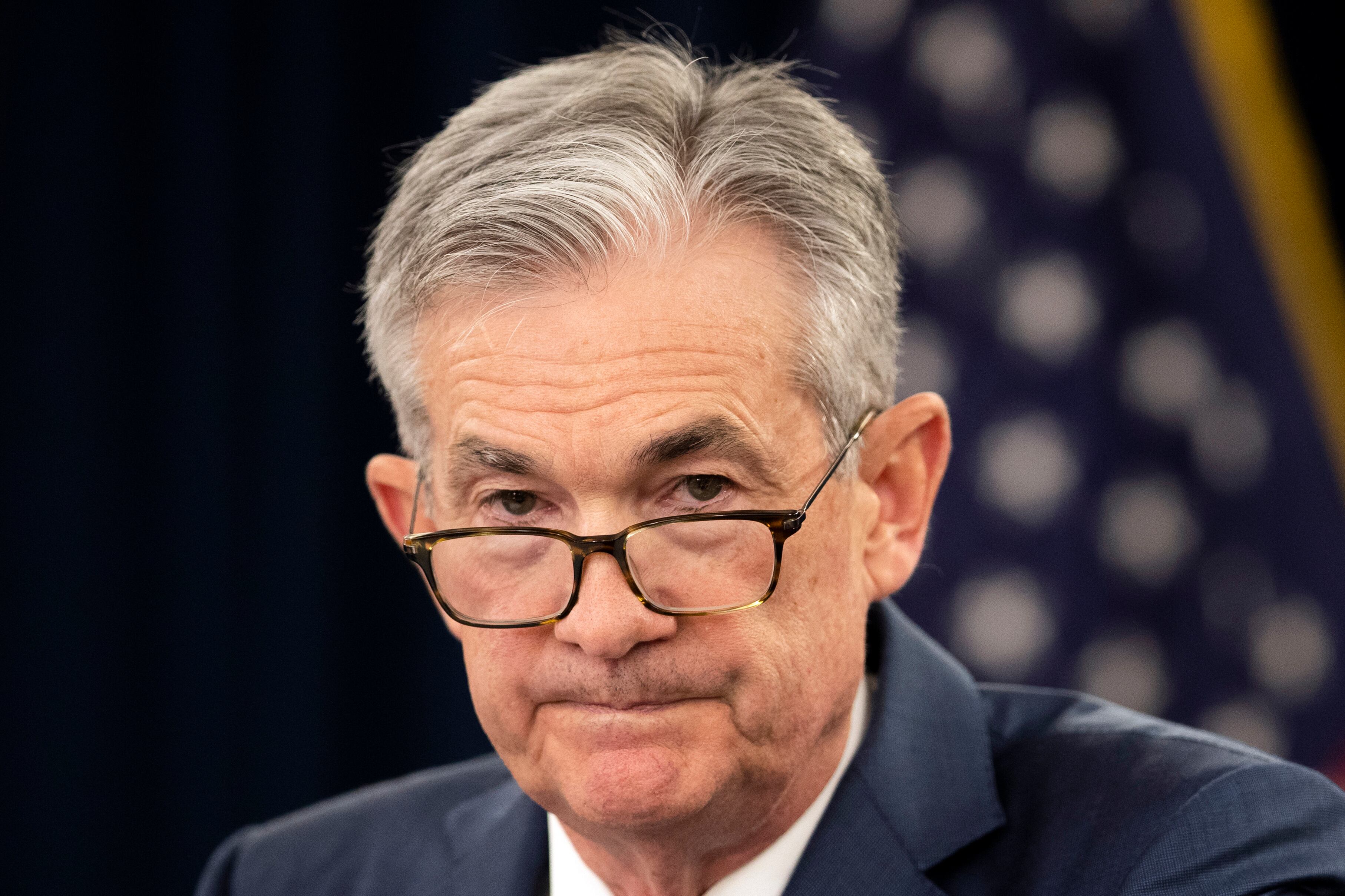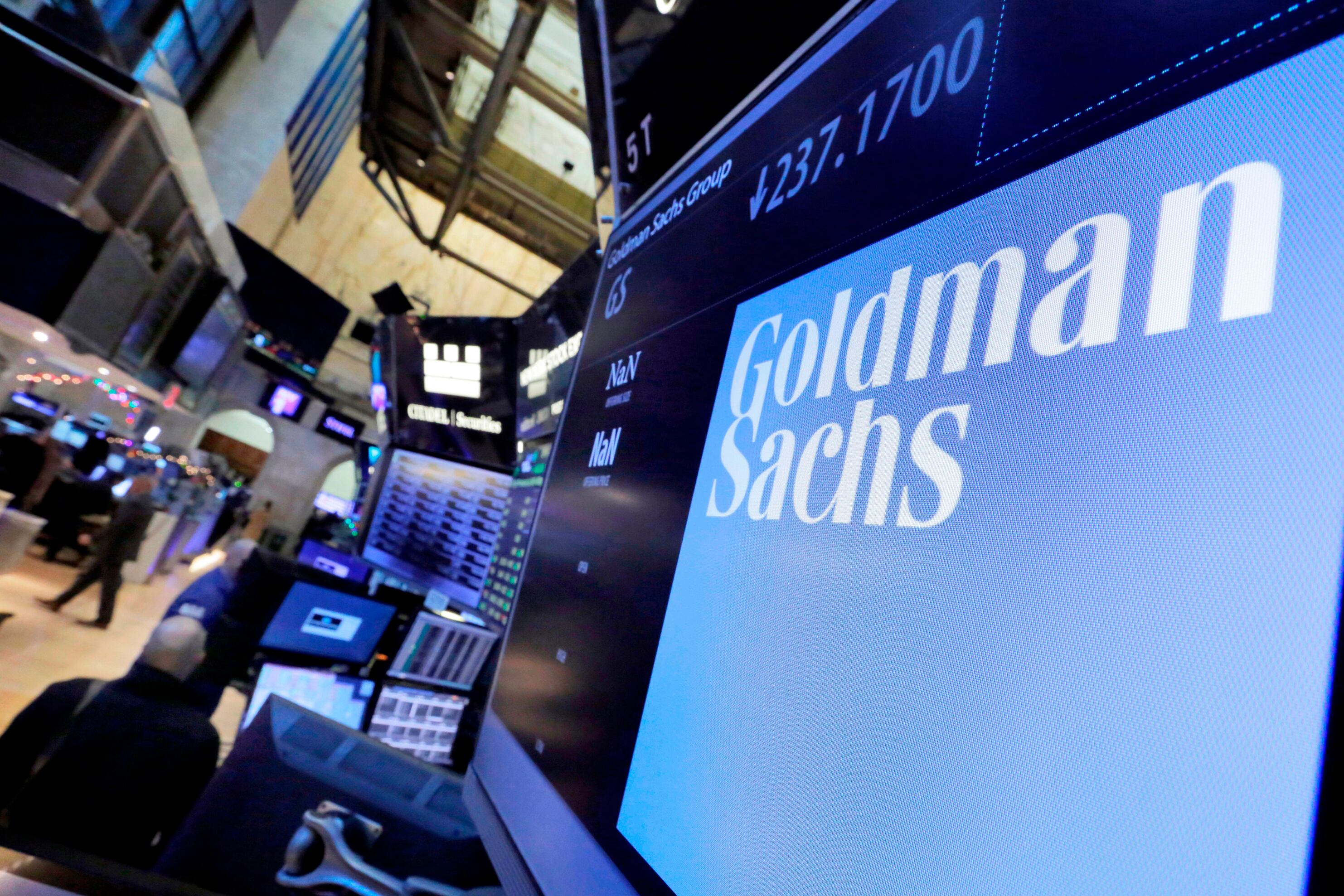By Mark Kennedy
Many Broadway productions are scrambling to resume ticket sales in the coming days to welcome theater-goers this fall after city and state leaders have green-lit a reopening of the Great White Way at full capacity by mid-September.
“We remain cautiously optimistic about Broadway’s ability to resume performances this fall and are happy that fans can start buying tickets again,” Charlotte St. Martin, president of the Broadway League, said in a statement Wednesday.
New York Gov. Andrew Cuomo said Broadway theaters can reopen Sept. 14 and will be allowed to decide their own entry requirements, like whether people must prove they've been vaccinated to attend a show. Selling tickets will allow theaters to gauge interest before stages open, said Robert Mujica, Cuomo’s budget director.
"Phantom of the Opera,” Broadway's longest-running show, announced Wednesday it would resume performances on Oct. 22, with tickets going on sale Friday. More shows are expected to circle return dates in the coming weeks.
Actors’ Equity Association, the national labor union representing more than 51,000 actors and stage managers in live theater, said the news meant the theater community is “one step closer to the safe reopening" of Broadway.
“We look forward to continuing our conversations with the Broadway League about a safe reopening and know that soon the time will come when members can go back to doing what they do best, creating world-class theater,” said Mary McColl, executive director of Actors’ Equity.
The Broadway that reopens will look different. In May, the big budget Disney musical “Frozen” decided not to reopen when Broadway theaters restart, marking the first time an established show had been felled by the coronavirus pandemic. Producers of “Mean Girls” also decided not to restart.
But there will be new shows, including Antoinette Chinonye Nwandu’s “Pass Over” that is slated to reopen the August Wilson Theatre, the same venue “Mean Girls” has vacated. And a Shubert theater has been promised for playwright Keenan Scott II’s play “Thoughts of a Colored Man.”
The lifting of all capacity restrictions has long been considered by the industry as crucial to any reopening plan since Broadway economics demand full venue capacity. Some off-Broadway shows have already reopened with limited capacity.
All city theaters abruptly closed on March 12, 2020, knocking out all shows, including 16 that were still scheduled to open.
Some scheduled spring 2020 shows — like a musical about Michael Jackson and a revival of Neil Simon’s “Plaza Suite” starring Matthew Broderick and Sarah Jessica Parker — pushed their productions to 2021. But others abandoned their plans, including “Hangmen” and a revival of Edward Albee’s “Who’s Afraid of Virginia Woolf?”













